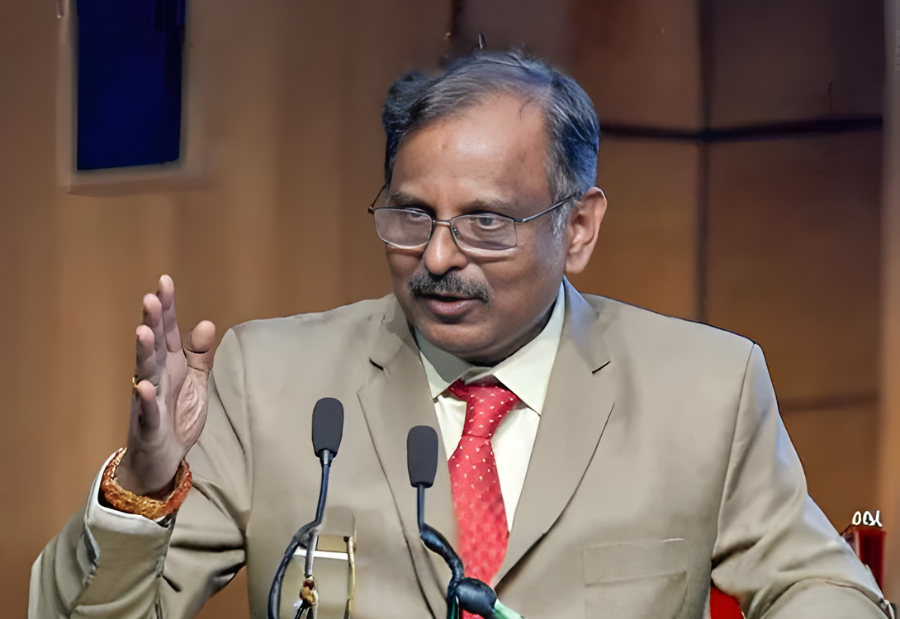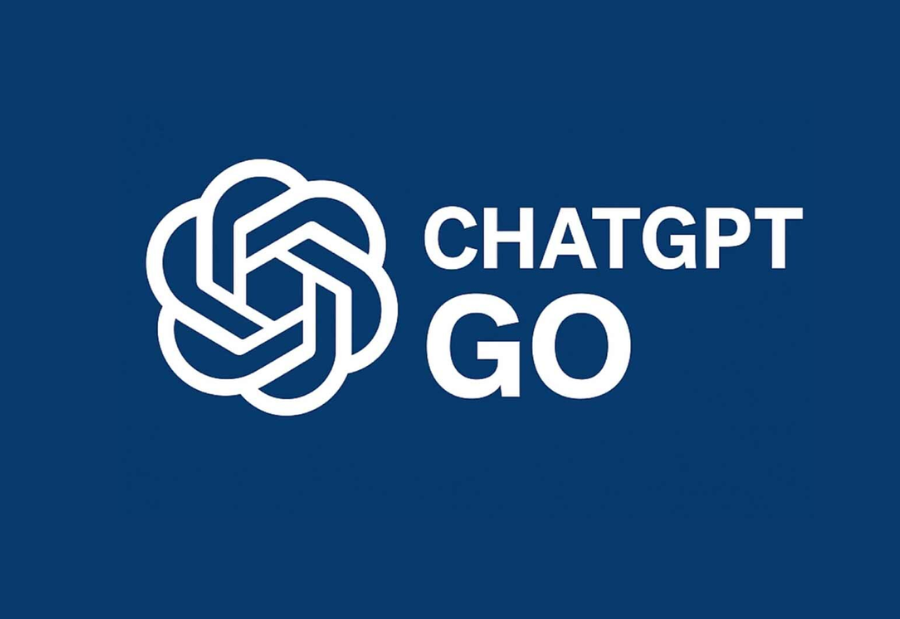After more than a month of political deadlock that has crippled federal operations, there are now signs of hope that the 34-day U.S. government shutdown could finally be coming to an end. Lawmakers in both parties have begun expressing cautious optimism about finding a compromise to reopen the government and restore funding to essential programs.
The shutdown, triggered by a standoff between Congress and President Donald Trump, has forced thousands of federal employees to work without pay and halted a range of government services. The dispute centers on around $1.7 trillion in discretionary spending — roughly one-third of the total U.S. budget — and has stalled since the new fiscal year began on October 1 without an approved funding bill.
“I’m optimistic,” said Senate Majority Leader John Thune, a Republican from South Dakota, when asked about prospects for ending the shutdown. However, he added cautiously, “Don’t push it.” Thune noted that he senses the beginnings of an “off-ramp” to the impasse, suggesting that quiet negotiations may finally be gaining traction.
His sentiment was echoed by Senate Democratic Whip Dick Durbin, who agreed that momentum was building. “I sense that, too,” Durbin said, though he emphasized that significant disagreements remain over how to address healthcare funding. Democrats have tied their support for reopening the government to extending a U.S. health insurance subsidy that is about to expire, while Republicans have resisted linking the two issues.
Senate Appropriations Committee Chair Susan Collins of Maine said progress was made over the weekend, with both sides exchanging proposed legislative language. “It just feels better this week,” Collins said, while warning that the fragile progress could still unravel. “It could all fall apart again. And I don’t mean to imply there’s an agreement.”
Meanwhile, a bipartisan group of House moderates has floated a possible compromise. According to reports, the proposal — put forward by three Republicans and one Democrat — would extend the expanded Affordable Care Act tax credit for two years but introduce caps for higher-income recipients.
Since the shutdown began, small groups of senators from both parties have held private discussions in an effort to bridge the divide. Although previous attempts have fallen short, the latest tone from Capitol Hill suggests a growing willingness to negotiate.
Low-income families have already begun to feel the impact, with food stamp benefits running short and certain military paychecks delayed. Airport operations have also been strained as unpaid federal workers continue reporting to duty.
While there is still no formal deal in place, the mood in Washington appears to have shifted. As Thune put it, “Based on my gut of how these things operate, I think we’re getting close to an off-ramp here.”
Also read: Viksit Workforce for a Viksit Bharat
Do Follow: The Mainstream formerly known as CIO News LinkedIn Account | The Mainstream formerly known as CIO News Facebook | The Mainstream formerly known as CIO News Youtube | The Mainstream formerly known as CIO News Twitter
About us:
The Mainstream formerly known as CIO News is a premier platform dedicated to delivering latest news, updates, and insights from the tech industry. With its strong foundation of intellectual property and thought leadership, the platform is well-positioned to stay ahead of the curve and lead conversations about how technology shapes our world. From its early days as CIO News to its rebranding as The Mainstream on November 28, 2024, it has been expanding its global reach, targeting key markets in the Middle East & Africa, ASEAN, the USA, and the UK. The Mainstream is a vision to put technology at the center of every conversation, inspiring professionals and organizations to embrace the future of tech.




